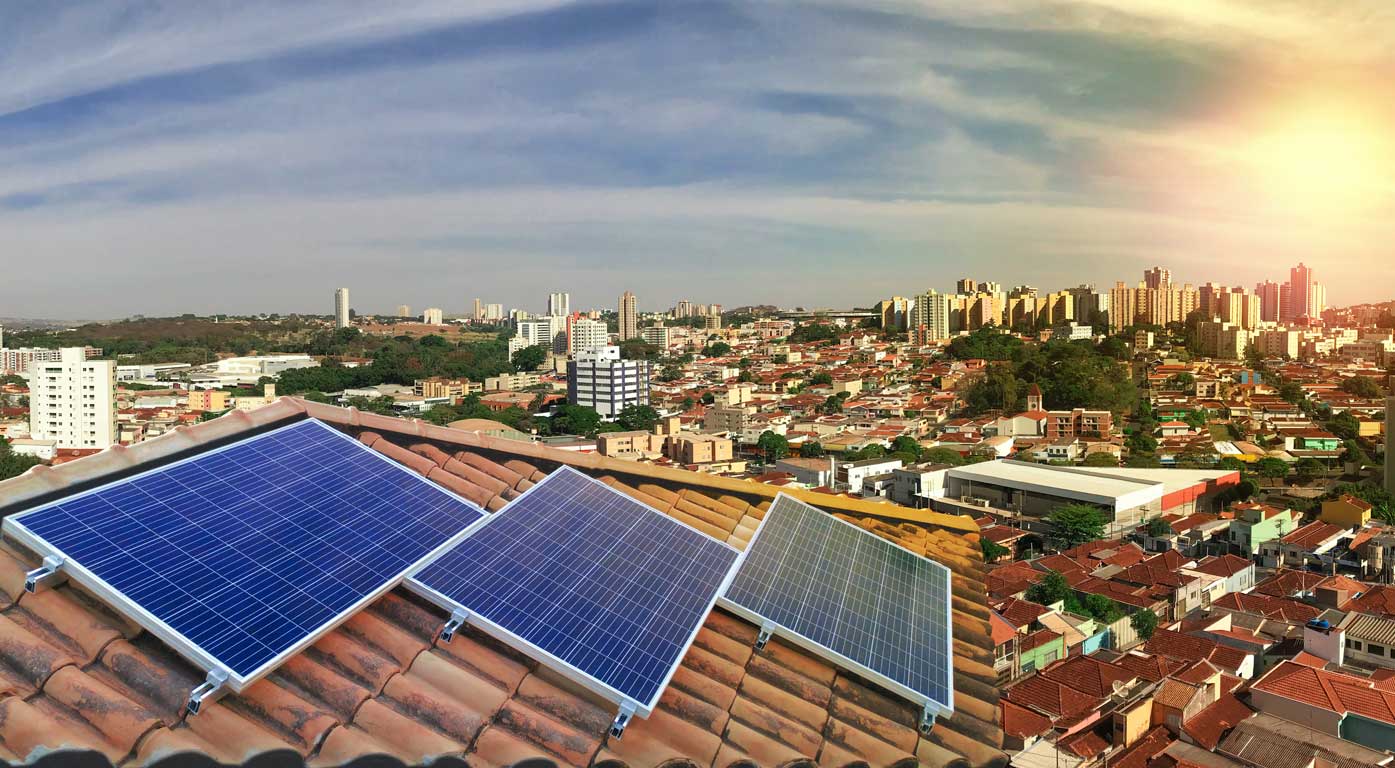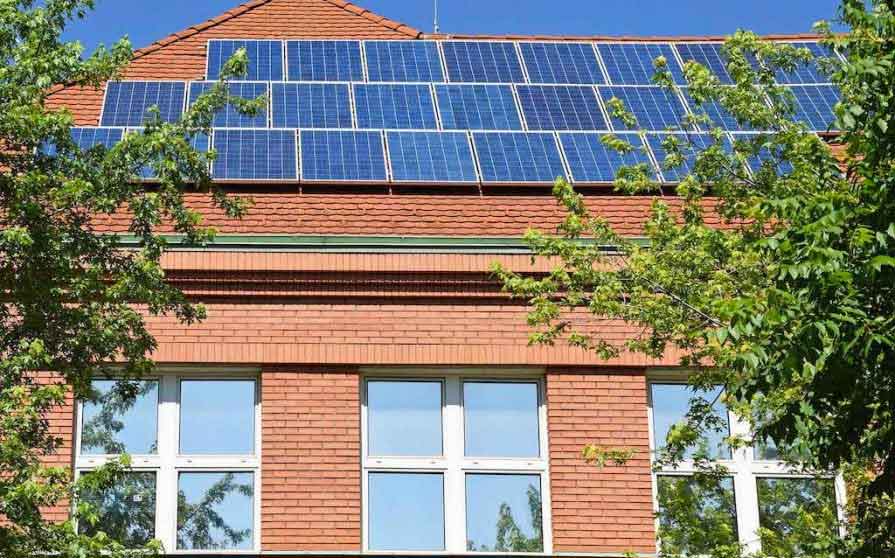Summary
This Optimal DER Scheduling for Frequency Stability study will investigate how to optimally schedule distributed energy resources (DER) to provide low-cost frequency stability services within distribution network constraints and while respecting the motivations and primary functionality desired by DER owners (i.e. reduced cost, independence etc.)
Key results
- The study showed how system frequency response will change as renewable penetration increases without a replacement for the frequency response provided by synchronous generators i.e., more frequency changes, larger frequency extremes, longer settling times and increased oscillatory behaviour
- The study also investigated the impact of adding large-scale batteries or equivalent amounts of aggregated distributed energy resources (DER), enabled for primary frequency control and demonstrated that it is possible to control system frequency to within tight limits.
- After establishing the capability and behaviour of frequency response from DER, the study finally considered how to provide this service to the market by developing a set of requirements for an efficient and pragmatic framework to integrate customers, aggregators, networks and the wholesale markets. As part of this, the study identified the need to aggregate DER at the market level but work with individual customers at the network level.
Learn more
How the project works
The Optimal DER Scheduling for Frequency Stability project will develop and test software to coordinate fleets of DER on electricity networks, enabling them to provide frequency control ancillary services (FCAS) and system stability functionalities currently provided by conventional generators. In partnership with the Australian National University and TasNetworks, the project will model the frequency response characteristics of DER and will resolve optimal power dispatch from DER within network limitations and with reserve capacity targets in place.
Area of innovation
Conventional synchronous generation such as traditional coal fired plants are currently relied on for frequency stability. DER such as power-electronics driven energy generation, battery storage and electrical loads are potential alternatives. However, effective and optimal coordination of these resources is highly complex, and no established or proven methods currently exist. The primary innovation of this project is to develop and demonstrate such a method.
Benefit
This project will improve knowledge on the frequency stability services that network hosted DER can provide. It aims to show how distributed optimisation algorithms can schedule DER and provide a desired level of frequency-reserve while operating within network constraints. The project will investigate the settings needed to enable DER to provide frequency reserve, and will provide guidance about how DER should interact with existing market structures to enable effective use.








